Juice fasting is a practice where people skip food altogether to consume only juices from fruits and vegetables. As a practice, it is often subject to controversy. On one hand, juicing advocates vouch for the numerous health benefits that cleansing brings. On the other hand, many health professionals generally do not recommend juice fasting.

Juicing has also been used as a way to help people with several mental health issues. In this article, we will dive deeper into the health benefits of juice fasting and take an unbiased look at whether it really helps our mental health or not. Does juice fasting help with depression, anxiety, and mental health? Can juicing make one happier?
Table of Contents
- What is fasting?
- Juice Fasting: What is it?
- Benefits of Juice Fasting: Why do people do it?
- Mental Health
- Early Warning Signs of a Mental Illness
- How does being mentally healthy affect us?
- Stress And Mental Health Problems
- Can juice fasting help our mental health?
- Juice Fasting for Mental Wellness: How Does It Help?
- What is a healthy diet for people with a mental illness?
- Summing It Up
What is fasting?
Fasting is the practice of refraining from eating food, drinking liquids, or a combination of both for a period of time. A fast usually only lasts for 12 to 24 hours, but some people fast for days or even weeks at a time.
Today, an increasing number of health enthusiasts start fasting as a means to lose weight. In the health world, intermittent fasting has become one of the most popular types. However, people do not only fast as a way to lose weight. Others do it for health purposes, as fasting provides many health benefits.
Still, that is not all there is to fasting. While some people may fast to lose weight or to improve their health, others may do it for their devotion or belief in the divine. One such example is how the Muslims fast from dusk to dawn during the 30 days of Ramadan.
Juice Fasting: What is it?
Meanwhile, juice fasting is a type of fast wherein one consumes only fresh juice from fruits, vegetables, or both for days. It is a liquid diet, and as such, individuals usually abstain from eating solid food during a juice fast. Additionally, it is also known as a juice cleanse or juice detox.
Typically, juice fasts involve drinking raw fruit juices, vegetable juices, or juice made from both while avoiding solid food. However, some juice diets have been modified to allow consuming particular solid foods.
Juicing enthusiasts either make these juices at home using a juicer or drink store-bought ones during a juice fast. Other juice cleanse programs allow drinking one or more smoothies per day to help curb hunger. These smoothies are made using a blender, which is why it is important to know that juicing and blending are different.
Benefits of Juice Fasting: Why do people do it?
So, why do people juice fast? As we learned, juicing enthusiasts all have their own reasons for following the detox diet. Some may do it to lose weight or to cleanse their bodies, while others may do it for religious purposes.
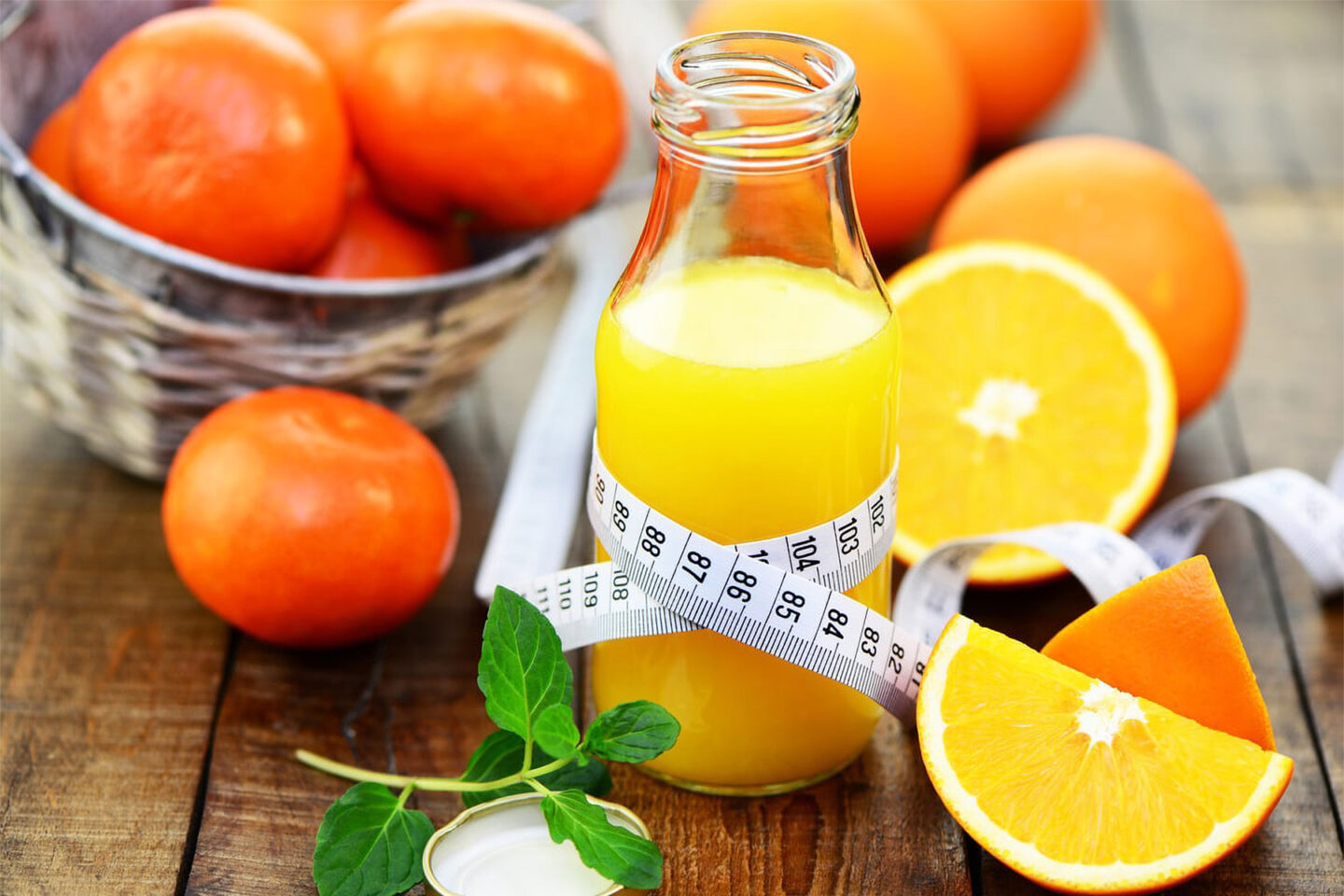
Of course, juice cleanses have become well known in the health world because they offer many health benefits. Some of these are the following:
- It provides you with a lot of vitamins, minerals, and essential nutrients. Studies have found that many people do not obtain enough nutrients from their regular diets. In their liquid form, fruits and vegetables are easy to consume. Thus, this is a good alternative for people who dislike eating fruits or vegetables.
- Juice fasting can boost your overall health. Fruits and vegetables are an important part of a healthy diet because they are packed with vitamins, minerals, antioxidants, and plant compounds. Some individuals consider juice cleanses as opportunities to intake nutrients that they do not usually get from their regular diet.
- Juice cleanses can boost your energy levels. Aside from all those nutrients, fruits and vegetables also contain many anti-inflammatory compounds. These boost your energy levels by reducing the inflammation in your body.
- It can cleanse and detoxify the body. Although our organs can detoxify our bodies on their own, juicing advocates say that a juice cleanse can help our organs work more efficiently.
Mental Health
Mental health refers to an individual’s mental, psychological, and social well-being. It affects our thoughts, feelings, and behavior. This sometimes leads to changes in our daily lives, relationships, and physical health. Our current mental health determines how we handle stress and make choices. Thus, mental health should remain a priority no matter the age, from childhood to adolescence, and throughout adulthood.
In fact, some experts argue that mental health is just as important—if not more—than our physical health. The British Medical Journal suggests that people prioritize mental health as much as they do physical health. Furthermore, the World Health Organization (WHO) states in its Constitution, “Health is a state of complete physical, mental, and social well-being and not merely the absence of disease or infirmity.”
Yet, despite its importance, many people neglect their mental health. Most people with financial means have regular appointments for their physical health, but a significantly smaller number regularly schedule appointments for their mental health. In particular, it is so common in the United States that one in five American adults lives with some type of mental illness.
Out of all those American adults, experts saw a form of mental illness in females more than in males. Additionally, there were more young adults aged 18 to 25 affected by mental illness than adults aged 26 and older.
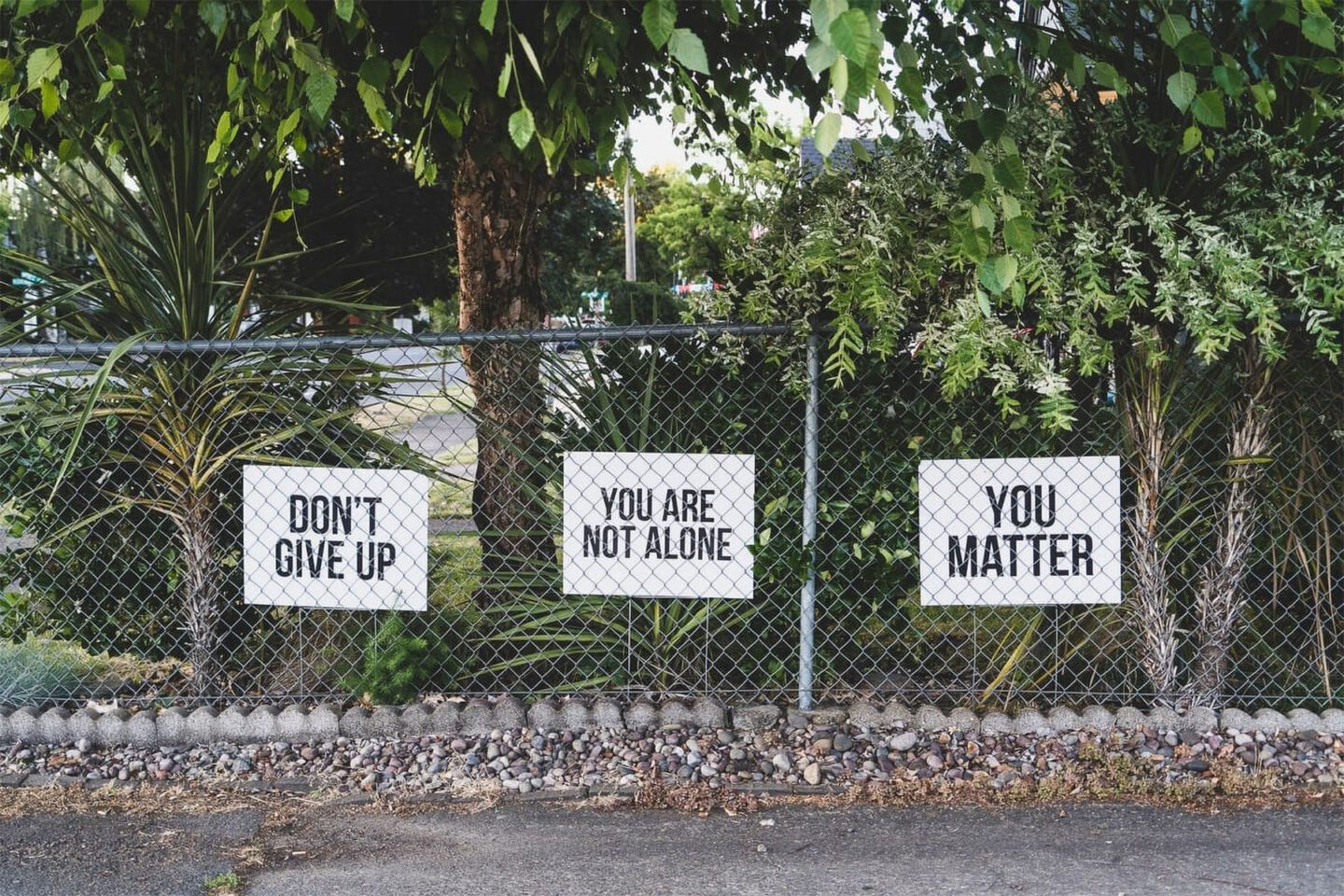
Early Warning Signs of a Mental Illness
As we learned, mental health is just as important as our physical health. However, health experts say that many people do not seek professional help for their mental health until they develop some sort of mental illness. To help you avoid those, here are some signs that can warn you of a mental health problem:
- Eating too much or too little
- Sleeping too much or too little
- Avoiding activities one normally enjoys
- Pulling away from friends, family, and colleagues
- Having little to no energy
- Feeling numb or like nothing matters
- Experiencing unexplained pain
- Feeling helpless or hopeless
- Resorting to smoking, drinking alcohol, or using drugs more than usual
- Feeling unusually confused, forgetful, on edge, angry, upset, worried, or scared
- Frequently displaying negative emotions
- Yelling or fighting with family and friends
- Experiencing severe mood swings that cause problems in relationships
- Having persistent thoughts and memories that reappear frequently
- Hearing voices or believing things that are not true
- Experiencing delusions
- Thinking of causing physical harm to oneself or others
- Inability to perform daily tasks, such as taking a bath or getting to work or school
Suicide caused by mental illness is the second-leading cause of death worldwide in the 15- to 29-year-old age group. When dealing with mental illness, keep in mind that you are not alone. Seek professional help if you feel the need for it.
How does being mentally healthy affect us?
Of course, being mentally healthy is not just important to avoid mental illnesses. When a person is mentally healthy, they will find themselves feeling happier and living their life to the fullest. A person with positive mental health will find it easier to achieve their full potential, work productively, cope with the stresses of life, and have healthy relationships with their friends, family, and community.
Aside from attending regular health appointments for mental health, people can be mentally healthy by doing the following:
- Having healthy relationships with others
- Staying positive
- Being physically active
- Helping others
- Getting enough sleep
- Developing coping skills
- Eating a healthy, balanced diet
- Practicing relaxation techniques, such as deep breathing, meditation, yoga, or regularly getting a massage
- Setting aside time for hobbies, such as reading a book or listening to music
Remember, mental health is just as important as physical health. As such, seek professional help as soon as you need it. The earlier a problem is diagnosed, the sooner treatment can start.
Stress And Mental Health Problems
The most common types of mental illness are anxiety disorders, mood disorders, and schizophrenic disorders. Everyone experiences cognitive decline as they age; it is just a part of life. However, stress can accelerate cognitive decline and it plays a huge part in all of these disorders. As such, it can be beneficial to know why stress exists.
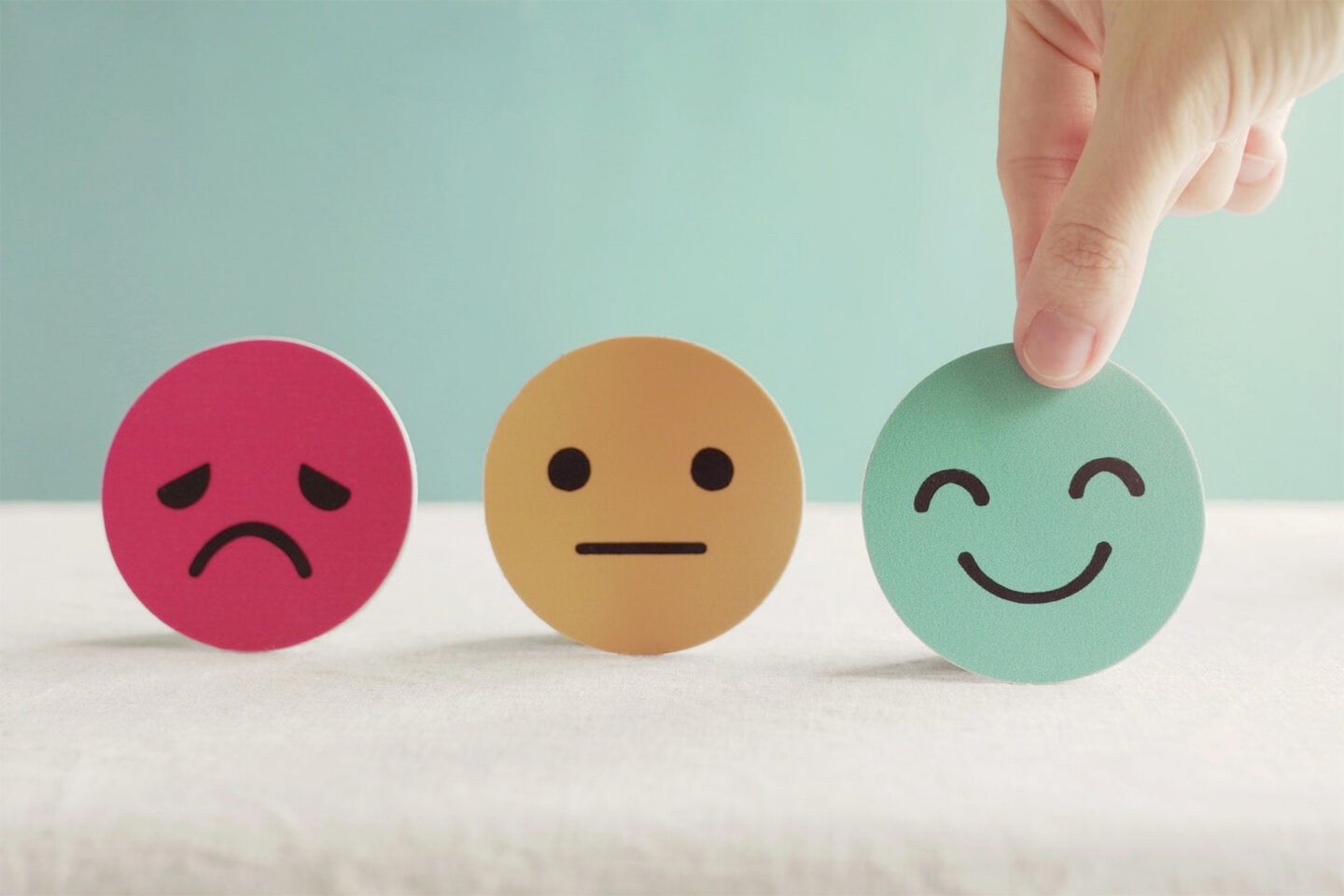
Stress
Experts say that stress is a normal response to any situation, and a certain amount is actually beneficial. In fact, small, manageable doses of stress can push people to do better in their daily lives. However, when stress becomes too much to handle, a person’s risk of developing mental health problems and medical problems increases.
People suffering from long-term stress are at increased risk of various mental health problems such as anxiety, depression, addiction, sleep problems, and pain. Similarly, it also increases one’s risk of developing any of several medical problems. These can be common and temporary, such as headaches, or more dangerous and permanent, like cardiovascular disease, high blood pressure, and stroke.
Brain Fog
Health experts say that brain fog is not exactly a medical condition. Rather, it is a term used to describe certain symptoms of mental health problems. Often, people use it to describe cognitive dysfunction involving memory problems, lack of mental clarity, poor concentration, and the inability to focus.
Rather than brain fog, some people know it as mental fatigue or mental fog. Depending on how severe it is, brain fog can make it difficult to live one’s daily life normally. However, health professionals say that one does not need to just live with it. Once the cause of one’s brain fog has been identified, the affected person can take steps to fix the problem.
Anxiety
The Anxiety and Depression Association of America (ADAA) says that anxiety disorders are the most common type of mental health problem. It affects 18.1% of all Americans every year, equating to roughly 40 million adults aged 18 or older. However, experts say the good news is that anxiety disorders are highly treatable.
People with an anxiety disorder may have severe fear or anxiety about certain objects or places. Professionals call these “triggers,” as they can set off a panic attack. However, some people may sometimes feel anxiety even without these triggers.
Additionally, people with an anxiety disorder also sometimes suffer from depression or vice versa. In fact, nearly half of those who suffer from depression are also diagnosed with an anxiety disorder.
Depression
The WHO says that depression is a leading cause of disability worldwide. It is a kind of mood disorder that causes the affected person to feel deep sadness and a loss of interest. Other examples of mood disorders are bipolar disorder, dysthymia, and substance-induced mood disorder.
Often, depression can lead to a sudden decline in daily work or school performance. It can also greatly affect one’s relationships with others. And, at its worst, depression can even lead to suicide.
Worldwide, many have misconceptions about depression and believe that those affected merely exaggerate their sadness. This is because many low- and middle-income families often do not get treatment for depression, even when they need it. However, depression is a mental illness. Just like a physical illness, it needs to be diagnosed and treated.
Additionally, the Center for Disease Control and Prevention (CDC) says that depression is nearly twice as common in females as it is in males. Some types of depression are even specific to females, such as postpartum depression.
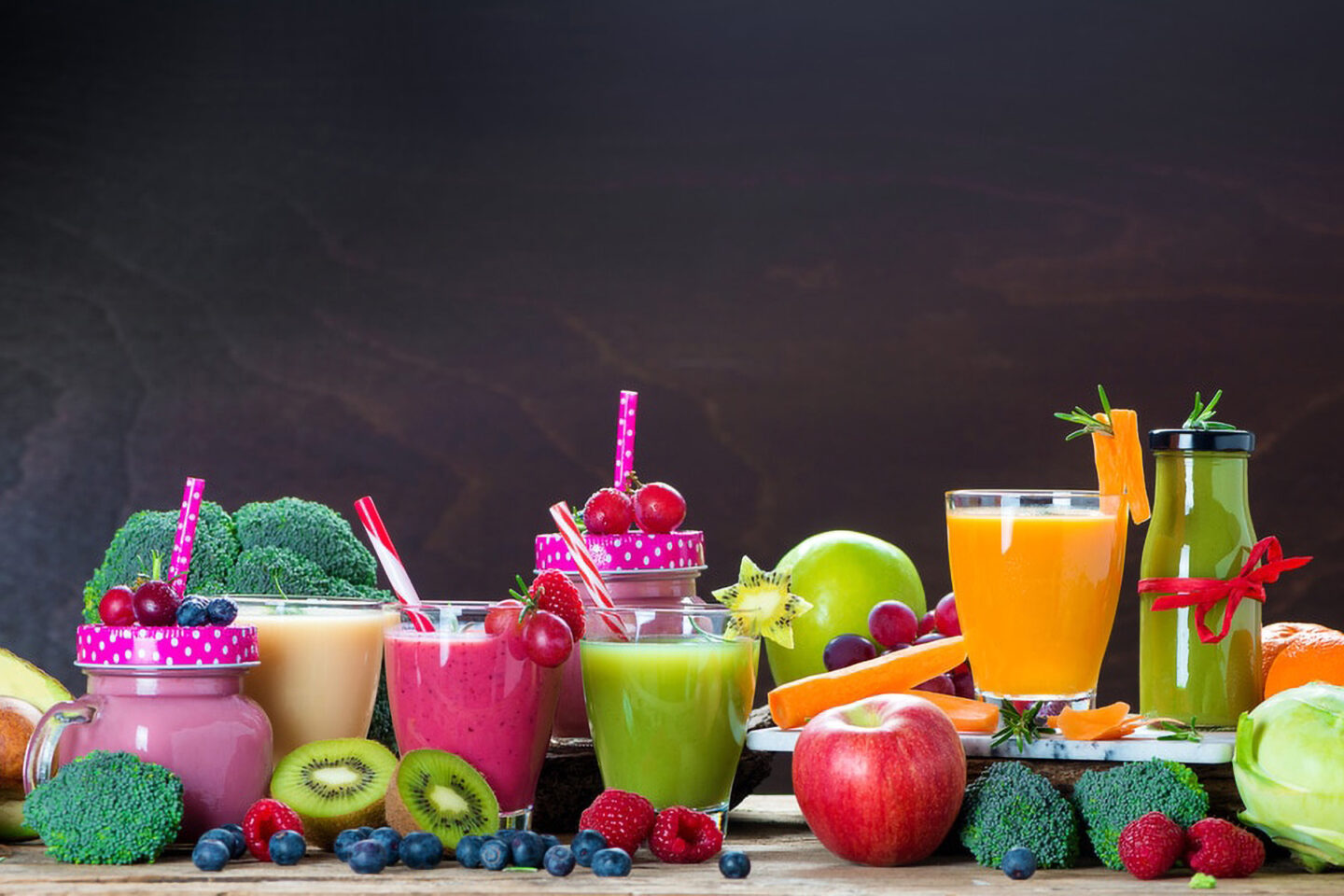
Can juice fasting help our mental health?
The short answer to this question is yes. Over the years, studies and reviews have shown that depression, anxiety, and other mental illnesses are not just caused by genetics or a difference in brain structure. Instead, experts have linked mental illnesses to a lack of vitamins such as zinc, vitamin D, and B vitamins, among others.
And, it is important to keep in mind that juices obtained from fruits, vegetables, or both are packed with vitamins, minerals, antioxidants, and essential nutrients. Furthermore, many juicing advocates have vouched for the benefits of juice cleansing for our mental health. Because our bodies are unable to produce most of the vitamins we need, our diets became the primary source of these.
Moreover, doctors recommend self-care as a part of treatment for mental illnesses. Self-care includes sleeping well, being physically active, and eating a healthy, balanced diet. In fact, some health experts have stressed that self-care can be more important than medications and therapy. After all, doctors have said for years that prevention is better than cure.
Aside from the vitamins and minerals, juice fasting eliminates unhealthy food from our diet—at least while on a fast. Still, even doing so for a time can make one conscious of eating healthy food—such as fruits, veggies, whole grains, and some lean protein—and avoiding unhealthy food going forward.
Additionally, a healthy diet and lifestyle often lead to better sleep, which is a part of self-care. And, lastly, as people juice fast, they develop discipline, which can help one deal with and potentially overcome mental illnesses.
As we always say, always consult your doctor before making any changes to your diet or lifestyle.
Juice Fasting for Mental Wellness: How Does It Help?
Juice fasting can get us one step closer to mental wellness by eliminating waste and toxins in the body. Health enthusiasts have claimed that these toxins weigh us down, sap our energy, distract, and make us lose our focus. Granted, our bodies can flush these toxins out well enough on their own. However, juice fasting eliminates unhealthy foods from our diet for a time. As it does so, a juice cleanse also aids our organs as they do their job, keeps them healthy, and makes sure they work efficiently.
Despite this, it is important to keep in mind that juice cleanses generally call for severe calorie restrictions. As such, people who juice fast must endure their hunger for long periods of time. Health experts generally do not recommend juice fasting for most people. However, they specifically advise against those who have had eating disorders trying it out, as it can cause a relapse.
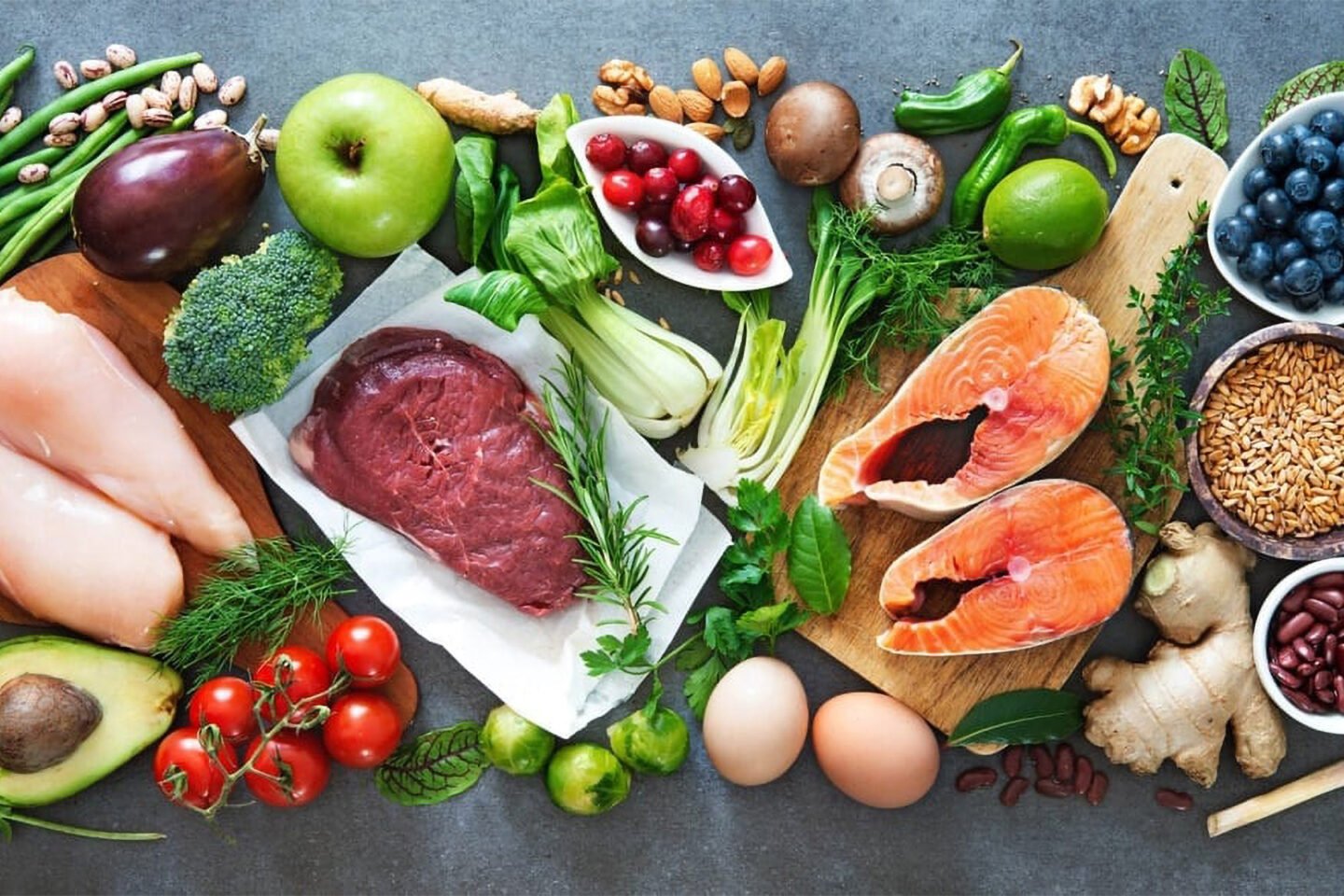
What is a healthy diet for people with a mental illness?
As we already learned, the food we eat can impact our mental health. In fact, some health enthusiasts have a list of their favorite healthy “mood food” — food that lifts one’s spirits. For juicing enthusiasts, these lists often include fruits and vegetables they can juice to change their mood for the better.
Although researchers have linked the following fruits and veggies to mental wellness, keep in mind that your doctor’s advice should always take precedence.
What to Consume
If you still want to try juice fasting for mental wellness and to achieve better cognitive function, remember to first consult your doctor. If you have done so, here are a few fruit and juice recipes we recommend.
Berries
A 2016 study concluded that blackberries, blueberries, strawberries, and raspberries can alleviate the symptoms of mental illnesses. This Cheery Cherry Berry Recipe is packed with antioxidants, essential nutrients, and it can improve your mood as well. In addition, these antioxidants also help promote blood flow in the body.
Pomegranate
The same 2016 study found that pomegranates can also help alleviate depression and anxiety symptoms. Additionally, a 2012 study found that drinking a glass of pure pomegranate juice for two weeks can lead to less depression and anxiety, as well as lower blood pressure. If you would prefer a different taste, we recommend trying this Fruity Pom Recipe.
Beetroot
Experts have said that the beet and its greens are rich in tyrosine and B vitamins. These help the body produce more dopamine, the “feel-good” hormone, and serotonin, the happy hormone. Also, vitamin B-12 supports healthy brain function, reducing one’s risk of experiencing brain fog. If you like beets, you can try this juice that makes you happy.
Citrus Fruits
Most health enthusiasts know that citrus fruits are rich in folate and vitamin C. These essential nutrients also aid in dopamine production, improving one’s mood. Vitamin C is also a powerful antioxidant that can help you avoid brain fog. Furthermore, experts have said that a diet rich in citrus fruits can help stabilize one’s blood sugar. If you do not know where to start, we recommend trying out this Vitamin C Booster Juice Recipe.
Other Fruits and Vegetables
Juicing enthusiasts vouch for the health benefits of many other fruits and vegetables. Many of them also help our mental health and lower the risk of experiencing brain fog. Some of these are celery, kale, carrots, cucumbers, spinach, pineapples, and apples.
Additionally, researchers have found that drinking celery juice and coconut water can help alleviate brain fog symptoms. Meanwhile, juicing enthusiasts say that adding ginger and turmeric to juices often improves their mood as well. If you are looking for suggestions, you can give this Immunity-Boosting Green Juice Recipe a try.
The Bottom Line
To sum it up, as long as one eats a healthy, balanced diet, they can lower their risk of developing mental illnesses. After all, eating right is a vital part of self-care. Thus, health experts recommend making sure that one’s diet does not lack the vitamins, minerals, healthy fats, and essential nutrients that it needs. These include vitamin C, vitamin D, calcium, magnesium, selenium, zinc, omega-3 fatty acids, and omega-6 fatty acids.
What to Avoid
Of course, just as food can positively affect our mental health, it can negatively impact it, as well. Health experts suggest avoiding or limiting these foods and beverages for healthier mental health:
- caffeinated drinks, such as tea, coffee, soft drinks, and energy drinks
- refined carbohydrates
- alcoholic drinks
- food packed with sugar
- deep-fried food
- refined and processed food
- processed oils
Nutritionists say that processed food, deep-fried food, and food packed with sugar are often high in calories and low in the nutrients that our brains need. Experts have linked the consumption of these foods and beverages with an increased risk of physical and mental health problems, including brain fog. Naturally, that does not necessarily mean you should not eat them at all. As with anything, moderation is key.
Summing It Up
Juice fasting is a good way to add more vitamins, minerals, and essential nutrients to your diet. Juicing advocates vouch for many of its health benefits, including benefits to our mental health.
Furthermore, health enthusiasts often recommend self-care as part of one’s treatment for mental illness. Having a healthy, balanced diet is an important part of self-care. And, those who juice fast often develop their discipline. Aside from those, juice fasting can also lead to better sleep, which is another vital part of self-care.
Moreover, the food we eat plays a huge part in our overall health. Some fruits and vegetables can directly lift one’s mood. As such, juicing enthusiasts suggest making these fruits and veggies into juices and drinking them when you need to lift your spirits. Additionally, experts say that a diet rich in fruits and vegetables can reduce the risk of experiencing brain fog.
Aside from those, experts have also linked mental illness with vitamin deficiency and nutrient deficiency. Keep in mind that fruit and veggie juices are packed with antioxidants, vitamins, minerals, and other essential nutrients. Increasing your intake of these may alleviate your symptoms or aid your mental health.
However, keep in mind that your doctor’s advice or recommendations should always come first. Make sure to consult a health professional before making any changes to your diet or treatment.
Sources:
https://www.healthline.com/nutrition/intermittent-fasting-guide
https://www.healthline.com/nutrition/how-to-fast
https://www.nimh.nih.gov/health/statistics/mental-illness.shtml
https://www.mentalhealth.gov/basics/what-is-mental-health
https://www.mayoclinic.org/healthy-lifestyle/stress-management/in-depth/stress-symptoms/art-20050987
https://www.camh.ca/en/health-info/mental-illness-and-addiction-index/stress
https://www.medicalnewstoday.com/articles/8933
https://www.cdc.gov/mentalhealth/learn/index.htm
https://adaa.org/understanding-anxiety/facts-statistics
https://www.medicalnewstoday.com/articles/154543
https://www.who.int/en/news-room/fact-sheets/detail/depression
https://www.webmd.com/depression/guide/causes-depression
https://www.psychreg.org/vitamin-deficiency-mental-health/
https://www.health.harvard.edu/blog/diet-and-depression-2018022213309
https://www.thespruceeats.com/depression-fighting-fruits-veggies-2078233
https://www.healthline.com/health/depression/healthy-eating
https://www.medicalnewstoday.com/articles/318428
https://www.hopkinsmedicine.org/health/conditions-and-diseases/mood-disorders

Leave a Reply